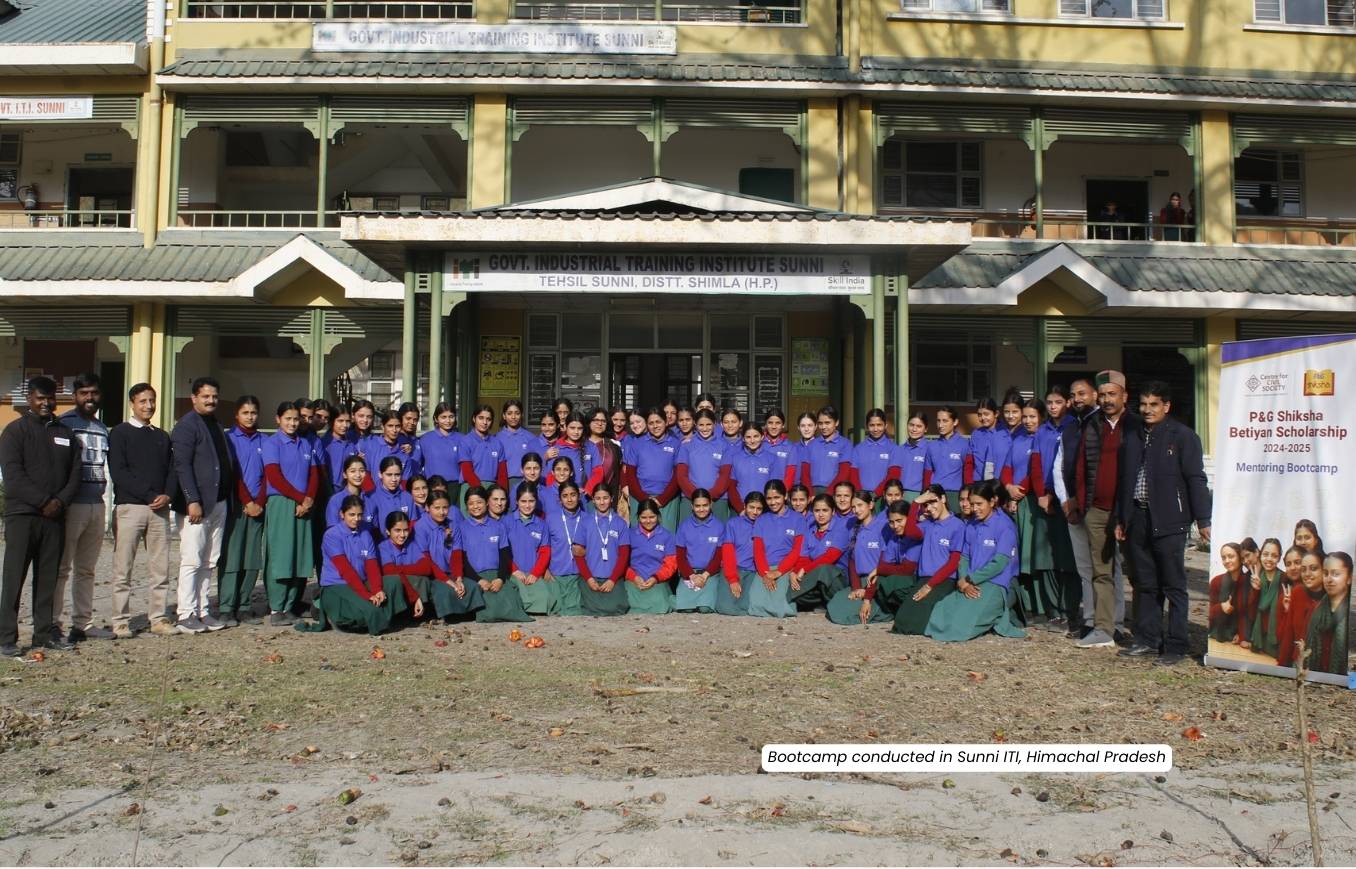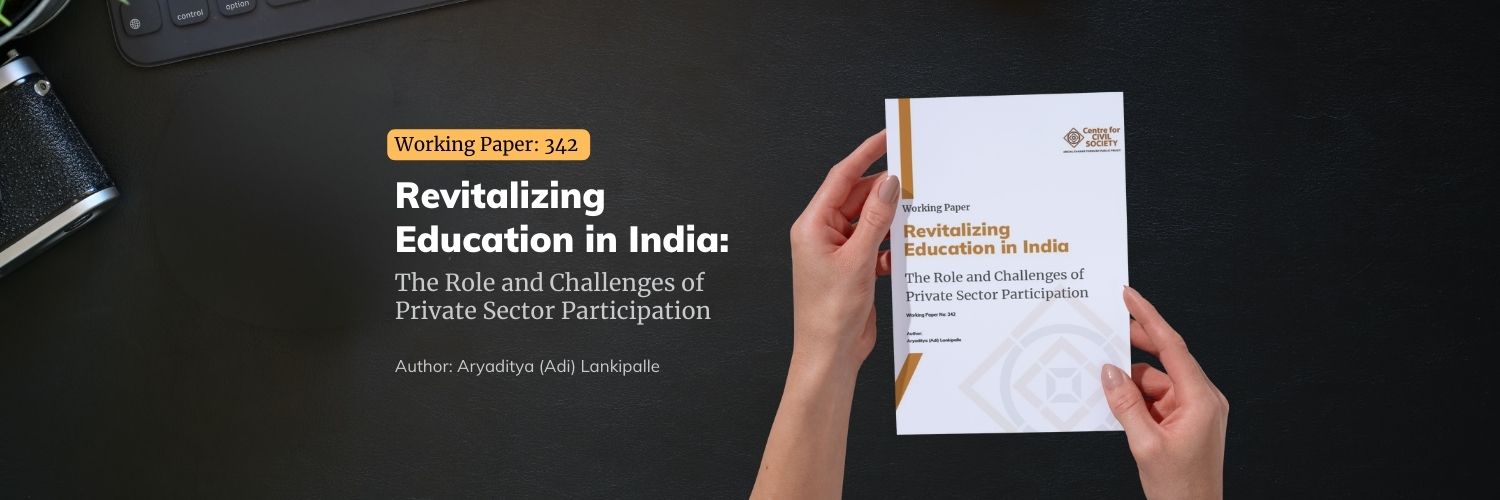The Draft National Education Policy (NEP) 2019 has created a renewed focus on reforming the governance of school education in India. To build an effective governance architecture, particularly executing the separation of functions within a state education department, we need to collect evidence on how different actors in the system operate. Given the limited information on this subject, we undertook a 6-week project to map the anatomy of K-12 governance in three neighbouring states: Delhi, Haryana and Uttar Pradesh.
At the start of this project, we asked four questions:
1. Who does what in K-12 administration: We studied the responsibilities of government officials in the education administration of Delhi and Haryana. There is no detailed description of all the activities different state Department of School Education functionaries are supposed to carry out. Moreover, there is a limited understanding of how these functions are carried out in
practice.
2. What does it take to open an unaided non-minority private school: We drew the
process map of opening private unaided schools in Delhi. Given the concerns around information asymmetries facing parents, it is critical to understand why more high-quality affordable schools do not rise.
3. What happens during a private school inspection: We codified information on how Delhi
inspects private schools to ensure compliance with the rules. A quick review of the literature
shows that school inspection is an under-researched area in India. It is rarely debated in academic or policy circles.
4. How are private school fees regulated: We studied fee regulation by examining the mandate and processes of the Fee Anomaly Committee (Delhi) and District Fee Regulation Committee (Uttar Pradesh). These Committees, set up recently, have not been a topic of serious research until now.
To answer these questions, we analysed the following documents: Delhi School Education Act and Rules 1973, Right to Free and Compulsory Education Act 2009, and state rules, Uttar Pradesh Self-Financed Independent Schools (Fee Regulation) Act 2018, Haryana School Education Act 1995, Haryana School Education Rules 2003, Central Civil Services (Classification, Control and Appeal) Rules 1965 and government orders. We also reviewed 2 pending applications for opening a school and 8 private school inspection reports. To understand the de facto process, we conducted semi-structured interviews with 50+ officials, 13 school owners, and 21 parents.
Drawing from these findings, in the final chapter of this compendium, we tease out the excesses in the use of executive discretion by the government in regulating private schools.

P&G Betiyan Scholarship 2024-25
P&G Betiyan Scholarship Program, launched in collaboration with the Centre for Civil Society in 2021-22, is focused on addressing the gender gap in STEM education (Science, Technology, Engineer


